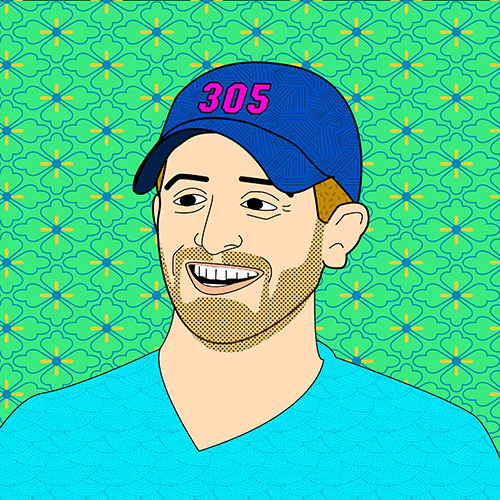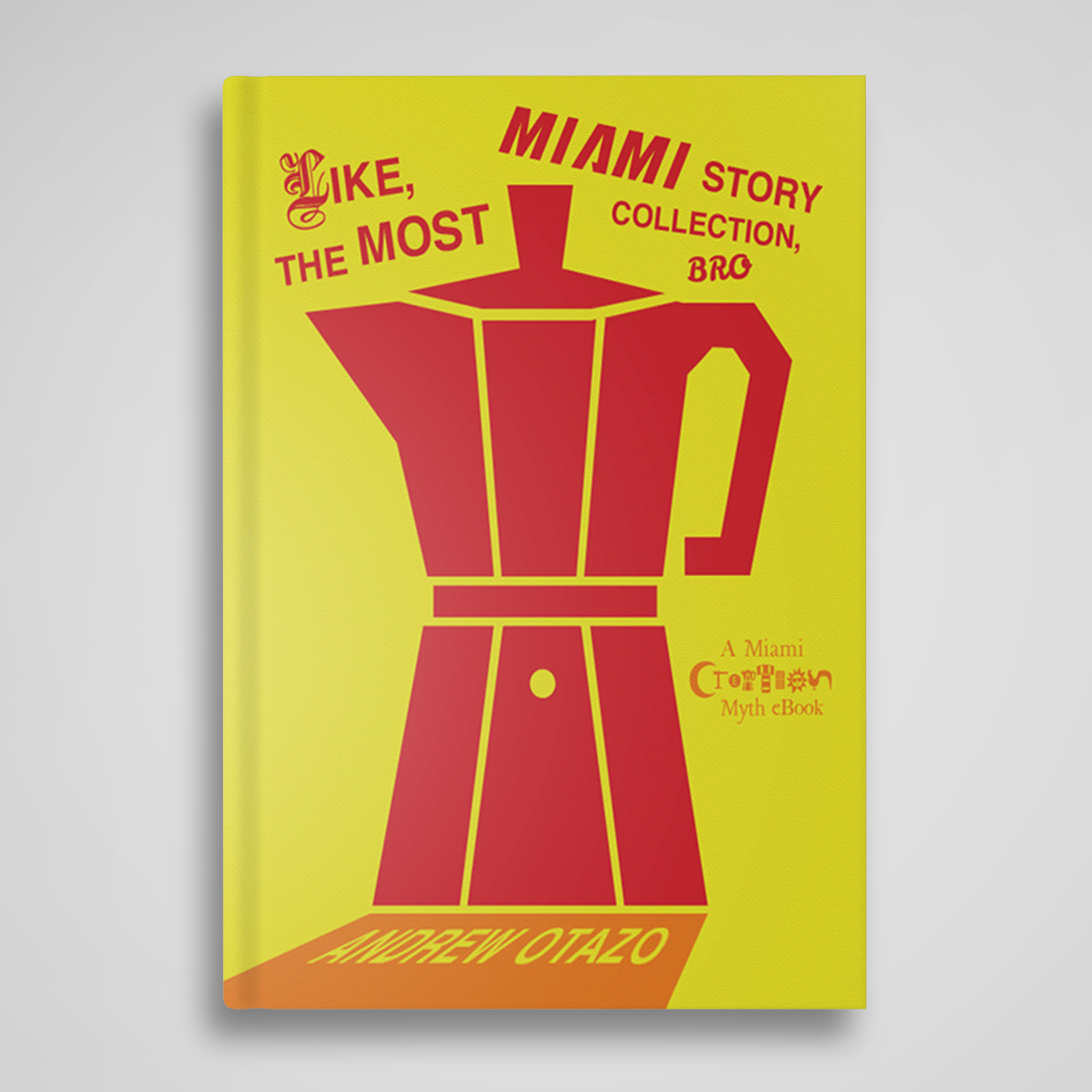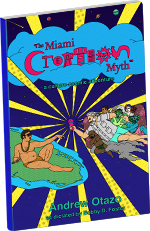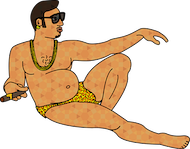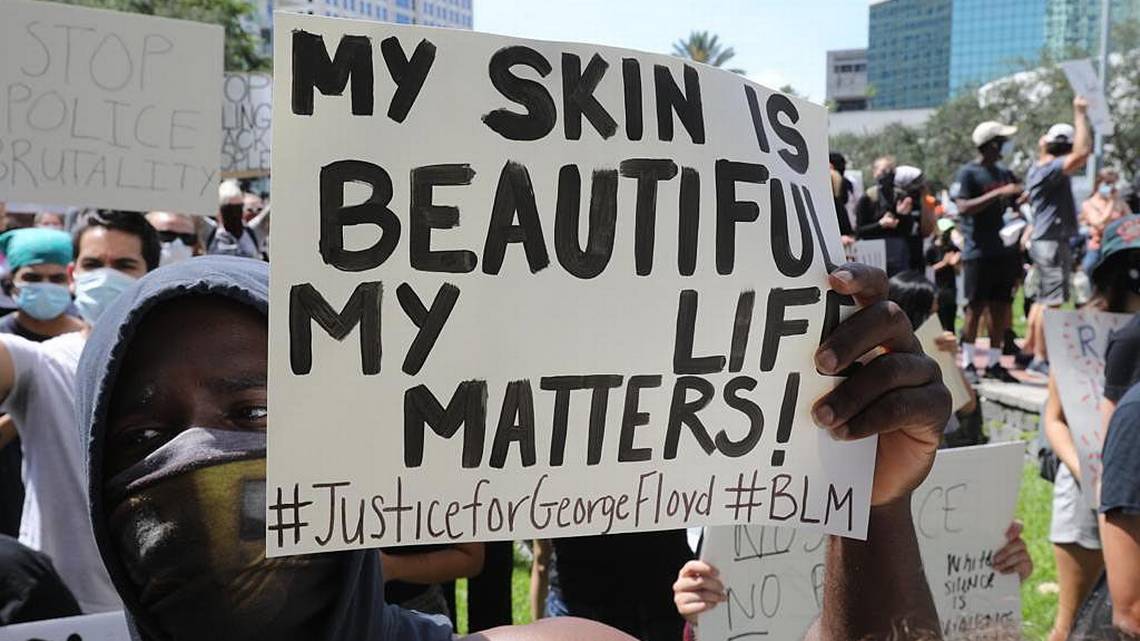
Spic. Janitor. Fidel. Drug dealer. Communist. Rafter. Affirmative action poser. Scarface. Boat rower. Lettuce picker. Lawn service. Shark food. Spot-stealer (of a deserving non-Hispanic White). These are some of the many insults hurled at me by White Cadets after leaving Miami to attend the United State Military Academy at West Point. That experience still elicits weekly, sometimes daily nightmares 13 years later. But they pale in comparison with the racism many Miami Latinos level at our our Black neighbors.
I cherish my time at West Point because it introduced me to systemic oppression, granting me empathy for those unable to escape it after just two years. This bears repeating. I was the target of systemic racism for TWO YEARS, and it left permanent marks on my psyche. Black Miamians are subjected to lifetimes of oppression, which the rest of society demands they “get over” as the indignities accumulate in real-time. Moreover, their communities were brutalized for centuries, producing collective historical trauma that I literally cannot fathom. And yet Miami Latinos collectively, willfully failed to acknowledge the commonalities we have with our Black neighbors.
Growing up in Miami, I was led to believe I was White. For a bit of context, I have two Cuban parents who didn’t teach me English until I turned five, but I look like a goddamned Midwesterner: blonde, fair-skinned, Caucasian features. Regardless, my status as the default ethnicity was the result of a geographic and historical fluke. Miami was simply the closest metropolitan area to Cuba at the time of the Revolution. After much struggle, Cuban-Americans gained control of the city’s commercial and political levers of power from the Southern good ol’ boys that ran the place. Unfortunately, much like how our criollo forbearers replaced the peninsulares, Cuban-Americans supplanted the Whites at the top of the socio-economic ladder while maintaining their systemic oppression of the local Black community.
Overt, horrifying racism that would’ve sounded excessive in the 1960s is rampant among Miami Latinos. Friends I love as brothers and sisters regularly and casually utter despicable bigotry—after looking over their shoulders a few times, of course. I find it in my favorite cultural touchstones: ventanitas, the domino table, around the caja china. Older family members sidle up next to you and rub their forearms knowingly when a cousin brings home a dark date. Parents scare their children with threats that they will be kidnapped by “el Negro” if they misbehave.
I receive two types of blowback when critiquing my community. The first is a visceral and noxious reaction from those who only read the headline. The second, more insidious, retort plays to the tune of, “I don’t do the things you describe, so therefore the problem doesn’t exist.” To the latter, congratulations, you do the absolute minimum to be a decent person. Nevertheless, practically all Latinos in this city witness others close to them espouse horrifying hatred. If you still insist you don’t, then what Utopian Pinecrest subdivision do you live in? And what are the property taxes like?
Elsewhere in this country, Miami’s Latinos would simply be another oppressed minority facing the same exhausting slights, micro-aggressions, and roadblocks of other out-groups. But we are so insulated from the outside world that we do not partake in that daily struggle. I thought I was White. Then I was repeatedly and violently informed of my error. Each time I hear a member of my community utter similar hatred, I am transported back to that dark time. The slur is not directed at another out-group, but at me.
I am not a carpetbagging outsider, but a proud 305 ‘Til I Die Cuban-American through and through. If you want to check my civic and cultural credentials, go ahead. As a member of this community, I ask my fellow hermanas y hermanos to stop turning away when our loved ones espouse racism. Do not remain silent, even if it may result in heated arguments or even fractured relationships. Support others when they speak out against prejudice, especially if everyone else in the room shouts them down. The way we have operated is not OK. No one can make Latinos do anything against their will, so such change will not come from without. We have to do it ourselves.
If you like our stories, check out our latest book.
 Andrew Otazo
Andrew Otazo
'Miami Creation Myth' author Andrew Otazo has advised officials on Cuba policy, worked for the Mexican president, fired a tank, and ran with 30lbs of trash.
Check out the first free chapter of Andrew’s upcoming book here.

